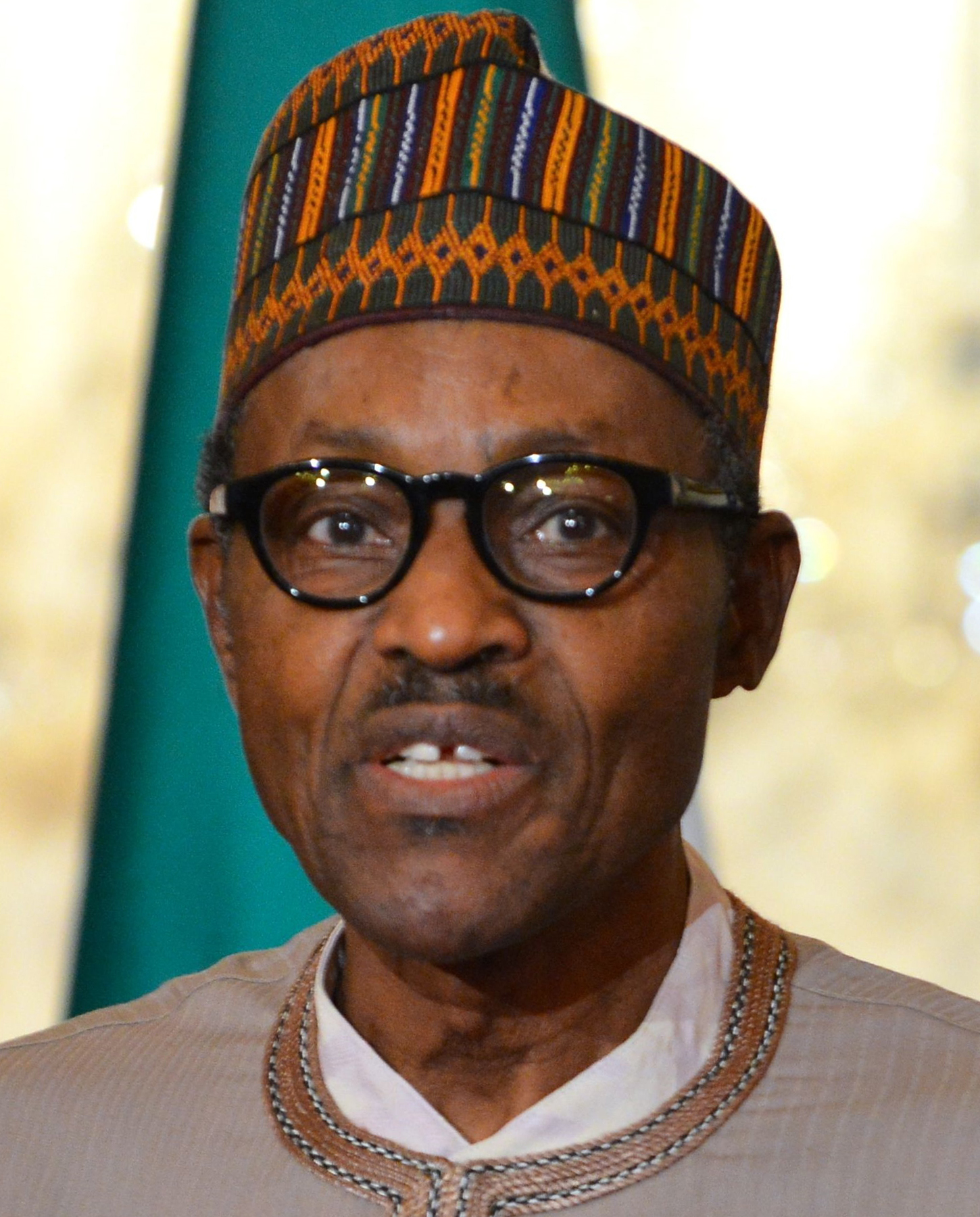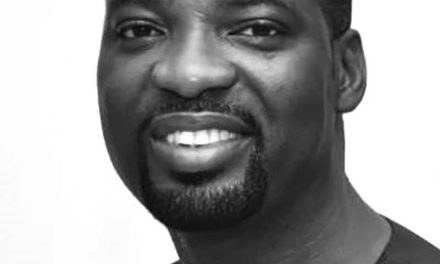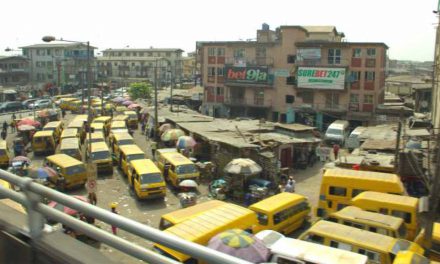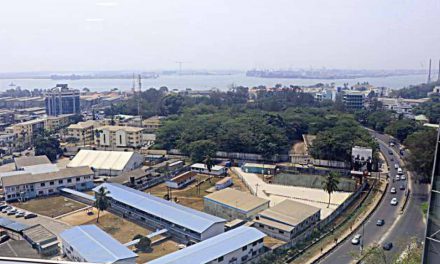Nigeria continues to grapple with both endemic and self-inflicted challenges in its anti-corruption efforts. As government purportedly prioritises reforms to tackle theft and the wilful mismanagement of resources, stumbling blocks have proliferated. They range from operational ones such as institutional weaknesses, defective personnel, disregard for due-process and a proclivity to create media spectacle to the detriment of serious anti-graft investigations. Then there are the political failings evident in the government’s lack of political will, sincerity, balance and the naked politicisation which has created sacred cows to the detriment of President Buhari’s very credibility. Indeed, analysts are likely to look back in a decade from now and adjudge his floundering anti-corruption drive as a case-study in how not to fight graft.
Oladiran (Ola) Bello obtained both his MPhil and PhD degrees in International Relations from the University of Cambridge and also holds a First Class BSc degree from the Obafemi Awolowo University, Ile-Ife. He has worked for organisations including the United Nations (New York) and Management Systems International (Washington DC), Merchant International Group (London) and Arthur Andersen (later KPMG). Dr Ola Bello has more than 10 years of experience in research and policy advisory, including on governance and extractive sector reform; sustainable development; and international development cooperation (including in EU-Africa relations). He spent three years with FRIDE (Spain) managing a donor-funded programme on the EU’s role in managing fragility and resource governance in select African countries. In 2012-2015, he was Head, Governance of Africa’s Resource Programme (GARP) at the South African Institute of International Affairs (SAIIA) and also functioned as head of SAIIA’s Cape Town office. Ola is spearheading GGA's technical support to Nigerian reform, including delivering ethics training for senior Nigerian judicial officers and change-makers (2017-2019). He's also working to expand GGA's role as in-country resource centre for multilateral consultative missions to Nigeria's ministries and parastatals. These missions include the UNECA/AU mineral sector governance team.













